Writing: Fiction
Elma Ehrlich Levinger
Early twentieth-century author and educator Elma Ehrlich Levinger wrote over thirty books for children and several for adults—all of which emphasize the importance of maintaining Jewish identity in America.
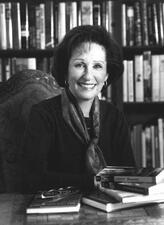
Sonia Levitin
Sonia Levitin mined both her personal history and major historical events for her award–winning books for children and young adults. Her 1970 book Journey to America, which detailed her family’s struggle during the Holocaust, was an instant classic.
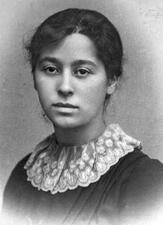
Amy Levy
Novelist, essayist, and poet Amy Levy was a popular and successful writer of the late nineteenth century. Admired by Oscar Wilde, she was the second Jewish woman to attend Cambridge and the first at Newnham College. Her work reflects the autonomous and achievement-oriented ideals of the “New Woman,” as well as her own struggles with depression.
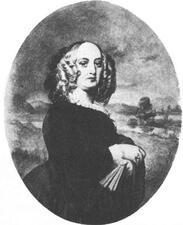
Fanny Lewald
Fanny Lewald was a successful and respected writer in nineteenth-century Germany. She established a salon in Berlin and became tremendously productive, writing novels, essays, and articles. In her influential autobiography, she argued for the emancipation of women. Lewald believed that women’s professional work was the basis of their liberation.
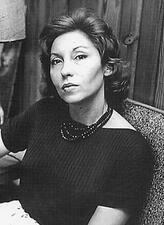
Clarice Lispector
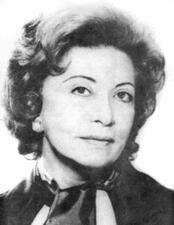
Elisa Lispector
Polish-born writer Elisa Lispector was nine years old when her family immigrated to Brazil in 1920. Alongside her successful career as a public servant, Lispector was a writer who published seven novels and three books of short stories. Her second novel is semi-autobiographical in its grappling with Lispector’s Jewish immigration story.
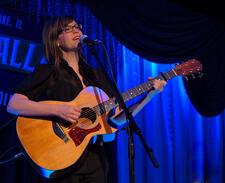
Lisa Loeb
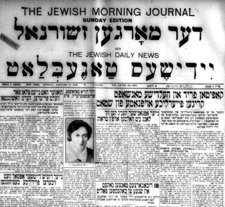
Rachel Luria
Rachel Luria (Rokhl Lurye) was a writer of Yiddish short fiction and investigative journalism in the early twentieth century. She was known for her complex and often cynical writing about immigrant life, especially in regards to portrayals of sexuality and gender.
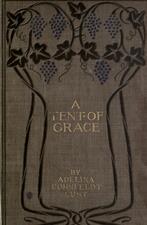
Adeline Cohnfeldt Lust
Adeline Cohnfeldt Lust was a writer who published two novels and numerous short stories, newspapers articles, and editorials over her trailblazing career as a Jewish woman in journalism in the early twentieth century.
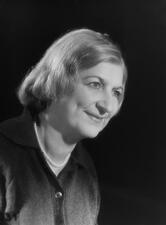
Clara Malraux
Journalist, essayist, novelist, and translator Clara Malraux spent her early life involved with antifascist activities and joined the French Resistance during World War II while in hiding with her daughter. Her work often describes her attempts to make a place for herself in a misogynistic and antisemitic society.
Maskilot, Nineteenth Century
Nineteenth-century maskilot were Jewish women proponents of the Haskalah, who wished to take part in the cultural and social revolution it preached. Despite assumptions that the Haskalah was an exclusively male movement, a small number of women read Hebrew literature, wrote in Hebrew, and regarded themselves as part of the Haskalah movement.
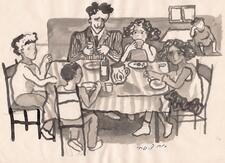
Ronit Matalon
Ronit Matalon was an Israeli writer of Egyptian heritage who wrote and published in Hebrew. She was the author of numerous works of fiction and essays and worked for many years as a journalist. Her work touches on Mizrahi identity, family, gender, and politics, and incorporates visual elements as well as cultural criticism.
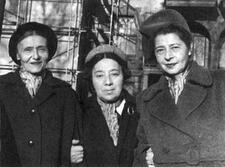
Ida Maze
Ida Maze was a “communitarian-proletarian” Yiddish writer who turned her Montreal home into a magnet for Yiddish writers and culture. After emigrating from Belarus to North America at age twelve in 1905, Maze began writing lyrical poems that were original and inspiring to young people.
Medieval Hebrew Literature: Portrayal of Women
Stereotypes of women, “good” and “bad,” are found throughout the medieval Hebrew canon. The love poetry cultivated during the Golden Age in Muslim Spain seems to glorify and idealize women, but the female “beloved” is subject to the power of the male “gaze” and male rhetoric.
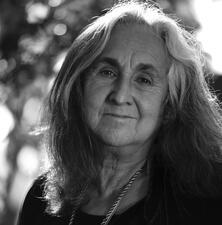
Deena Metzger

Annie Nathan Meyer
Annie Nathan Meyer promoted women’s higher education and founded Barnard College, New York’s first liberal arts college for women. She also chronicled women’s work, dramatized women’s status in plays, novels, and short stories, and raised funds for Jewish and black students to attend Barnard.
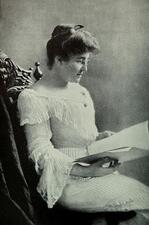
Miriam Michelson
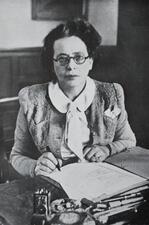
Sarah Gertrude Millin
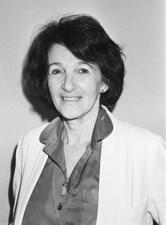
Marga Minco
Marga Minco (b. 1920) is a Dutch writer famous for her literary work relating to the Holocaust and for her economical use of words. Both topic and writing style have made her work unique.
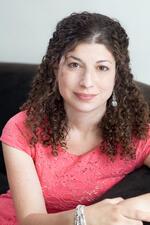
Tova Mirvis
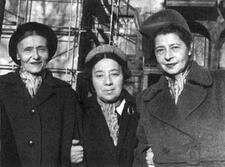
Kadya Molodowsky
Kadya Molodowsky was a major figure in the Yiddish literary scene in Warsaw (from the 1920s through 1935) and in New York (from 1935 until her death in 1975). She published extensively in many genres, including poetry, fiction, drama, and essays, and founded and edited two journals. Recurrent themes in her work include the lives of Jewish women and girls Jewish tradition in the face of modernity, Israel, and the Holocaust.
Aurora Levins Morales
Aurora Levins Morales is an author, artist, activist, and historian whose work as been critical to third-wave feminism, Puerto Rican and Latinx feminism, disability justice, radical Judaism, climate change activism, and grassroots. organizing.
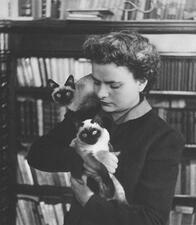
Elsa Morante
Elsa Morante (1912-1985) was an Italian author whose writing often addressed persecution and injustice. After fleeing Fascist authorities during World War II, Morante traveled extensively while continuing to write prolifically; she later won the Viareggio literary prize, Strega Prize, and Prix Medicis.
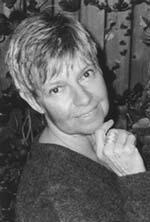
Robin Morgan
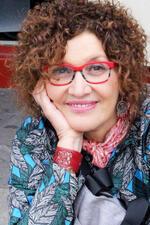
Myriam Moscona
Myriam Moscona is a Sephardic Mexican poet, novelist, journalist, and translator. She is the author of Tela de sevoya/ Onioncloth, an award-wining novel about the Sephardic experience, reflecting on death and Ladino, and Ansina (Like that, 2015), a book of poetry entirely written in Judeo-Spanish.


